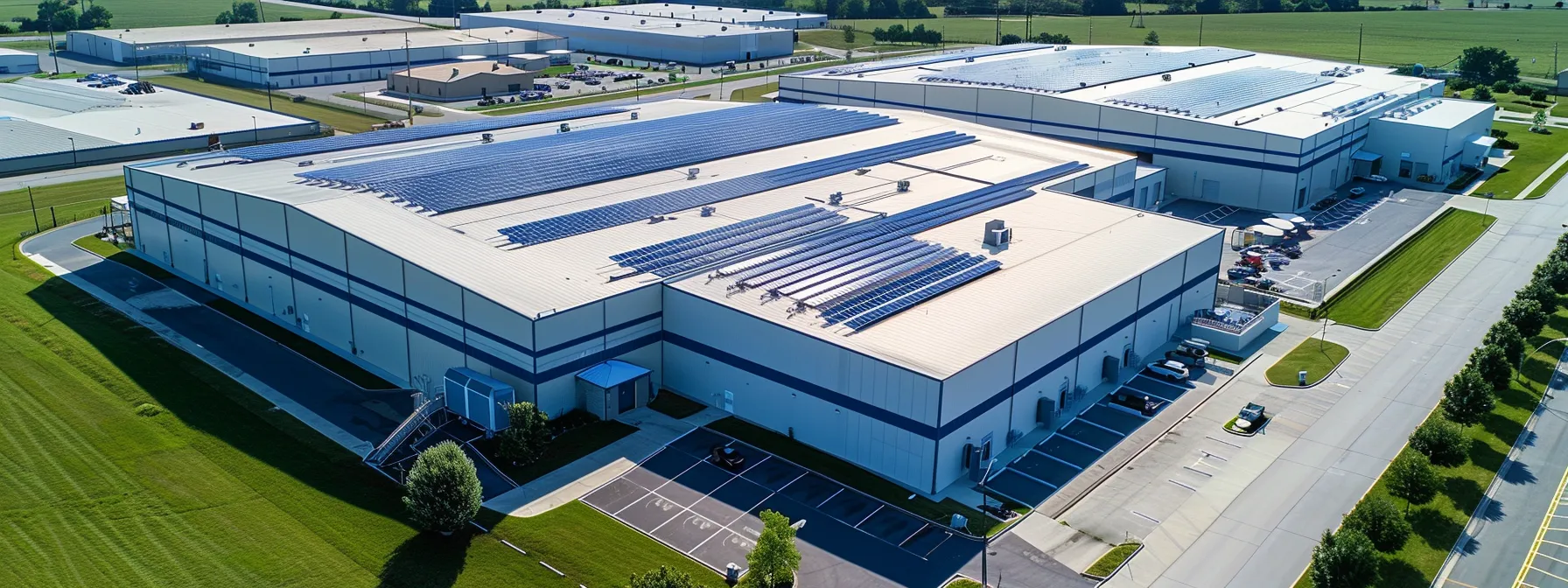Resources for Successful Manufacturing Business Operations
In today’s competitive business landscape, manufacturing companies must focus on efficiency, productivity, and sustainability to maintain their edge. Manufacturers can optimize operations, reduce waste, and maximize output with the right tools and strategies. These factors can significantly contribute to a business’s overall success and longevity in the tough manufacturing sector. This article will explore various resources and strategies manufacturers can employ to ensure smooth business operations.
Essential Management Tools for Streamlining Manufacturing Workflows

Management tools are indispensable for any manufacturing operation that aspires to improve its process workflows. With recent technological advancements, software solutions are now available that seamlessly integrate various functions such as inventory management, production scheduling, and quality control. These tools allow for real-time operations tracking, facilitating quick identification and rectification of bottlenecks.
An enterprise resource planning (ERP) system is one of the most comprehensive tools for managing manufacturing operations. An ERP solutions provider can offer a customized system to meet manufacturers’ unique needs. By coordinating all aspects of production and distribution, companies can expect to make informed decisions backed by precise data, reduce inefficiencies, and enhance productivity.
Furthermore, mobile applications enable production managers and teams to stay connected and responsive. Whether accessing inventory levels or updating job statuses, mobile functionality ensures that information is accessible. This helps keep all team members aligned, crucial to maintaining smooth workflows.
Finally, collaborative tools allow disparate departments to work in synergy. When procurement, manufacturing, and distribution channels are all on the same page, the risk of miscommunication, which can lead to costly delays and errors in a manufacturing setup, is drastically reduced.
Collaborative Strategies in Supply Chain Management for Manufacturers
Integration and collaboration within the supply chain ensure that manufacturing operations run smoothly. By working closely with suppliers, manufacturers can gain more visibility into their supply chain, allowing them to anticipate shortages or delays and respond proactively. Such partnerships can also enable joint efforts in innovation and continual improvement.
Demand forecasting and planning become much more effective when manufacturers collaborate with their partners on planning, forecasting, and replenishment. This joint approach ensures that inventory levels are well-matched with demand and significantly reduces the risk of overproduction or stockouts, which can be costly.
A focus on building robust relationships with logistics providers can also prove to be greatly beneficial for manufacturers. The right partners can help optimize routes, improve delivery times, and negotiate better shipping rates. This is where having a dependable system for managing business phone numbers can also contribute to effective communication, making collaboration smoother and more efficient.
Ultimately, collaboration beyond direct suppliers and customers is beneficial, too. Networks built across the industry can facilitate the sharing of best practices, insights, and even standards development that can lift the entire sector. In the manufacturing industry, where complexity is inherent, supply chain collaborations are beneficial and often necessary for survival.
Adopting Sustainable Practices in Modern Manufacturing Operations

Sustainability has become an integral part of manufacturing, driven not only by environmental considerations but also by consumer demand and potential cost savings. One of the initial steps manufacturers can take is to evaluate their energy usage and aim to shift toward renewable energy sources. Solar panels and wind turbines can reduce reliance on fossil fuels and lower the carbon footprint of manufacturing facilities.
In addition to energy sourcing, waste management strategies such as recycling materials or adopting a circular economy approach can make manufacturing processes more sustainable. By designing products for disassembly and reusing components, manufacturers can minimize waste and maximize the use of resources.
Furthermore, advancements in material science have resulted in the development of eco-friendly alternatives that can replace traditional materials. Biodegradable plastics and composites reduce environmental impact and often come with the added benefit of being lighter yet durable, which can improve transportation efficiency and the product lifecycle.
Investment in cleaner technology and machinery that emits less pollution is yet another strategy for sustainable manufacturing. Many governments now offer incentives and rebates for companies that adopt such technologies, bolstering the business case for sustainability initiatives.
Altogether, successful manufacturing operations require advanced management tools, collaborative supply chain strategies, and sustainable practices. By integrating these resources, manufacturers can enhance efficiency, reduce environmental impact, and maintain a competitive edge in a challenging industry landscape.